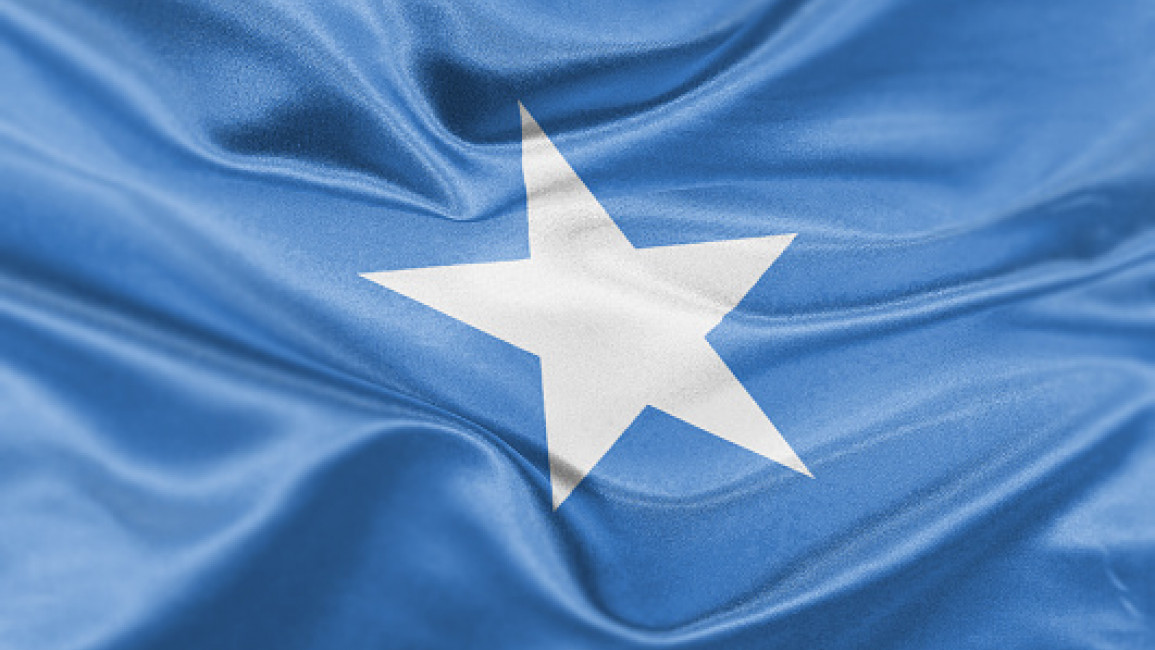Somalia minister says agreement reached on delayed elections
Somalia’s foreign minister told the UN Security Council Tuesday that an agreement has been reached between the federal government and regional states that will lead to long-delayed national elections.
Mohamed Abdirizak said agreement on the three key issues to complete the deal was reached “in principle” Tuesday, culminating negotiations between the government and member states that began on May 22. He said a communique detailing the agreement will be issued Thursday at a closing ceremony.
“The negotiation process has not been easy, and this demonstrates how vital consensus remains, and without consensus how fragile peace in Somalia is, and how fragile our institutions of government remain,” Abdirizak said. “However, we have now reached an agreement that will lead Somalia to free elections, fairer elections.”
Read more: Somali leaders open crucial election talks
There had been growing pressure on Somalia’s President Mohamed Abdullahi Mohamed after scheduled elections on Feb. 8 failed to take place because of the lack of agreement on how the vote should be carried out. Two regional states said they would not take part without a deal.
Talks between the federal government and regional leaders that began in March broke down in early April. At the president’s request, the lower house of parliament then adopted a special law that extended the terms of current office holders for two years and abandoned a Sept. 17, 2020, agreement on indirect elections, reverting instead to a one-person, one-vote model.
Analysis: "Now Farmajo's official term has come to an end, the inability of Somalia's leaders to reach an agreement threatens to undo a lot of the steady progress over the last few years" - @fromadic92 writes https://t.co/2gnnHXrEOc
— The New Arab (@The_NewArab) May 10, 2021
Three decades of chaos, from warlords to al-Qaeda affiliate al-Shabab to the emergence of an Islamic State-linked group, have ripped apart the country that only in the past few years has begun to find its footing.
The extraordinary scene of soldiers firing at each other in the streets of Mogadishu on April 25 brought back fears for many Somalis that the Horn of Africa nation could collapse back into that chaos. Alarmed, the international community worried that the al-Shabab extremist group would take advantage.
Following the clashes, President Mohamed on May 1 asked the lower house of parliament to reverse its actions that included extending his mandate for two years. He asked lawmakers to back the agreement the federal government reached with regional states last Sept. 17 on a way forward for the vote, and he asked Prime Minister Mohamed Hussein Roble to lead the election preparations and the related security measures.
Roble chaired the meeting that resulted in Tuesday’s agreement in principle.
The foreign minister said the key outstanding issues had been the status of elections for the Somaliland representatives — which was being finalised “as we speak” — as well as election arrangements in the other regions and election committees, matters on which agreement has been reached.
UN special envoy James Swan, who spoke to the council shortly before Abdirizak, said the April 25 clashes risked “broader conflict” and “since then, Somalia has come back from the brink of this worst-case scenario.”



